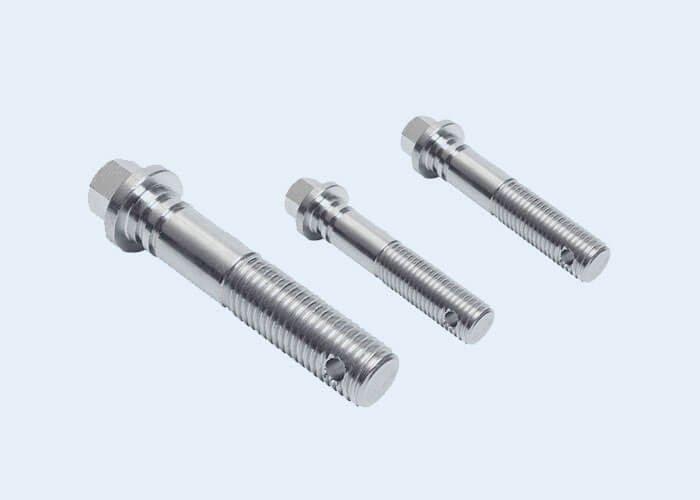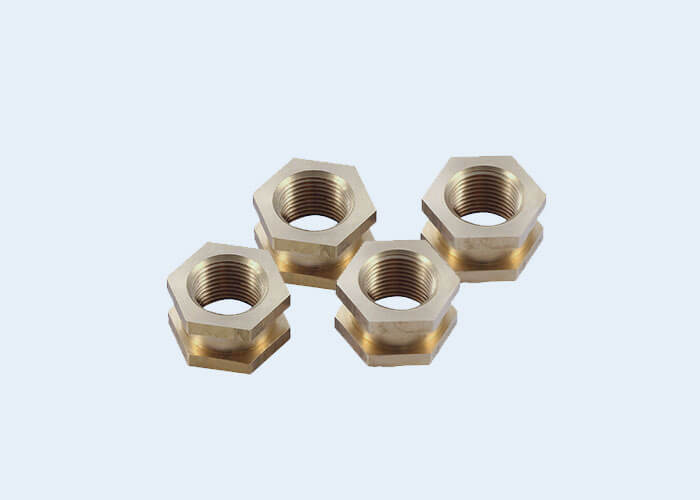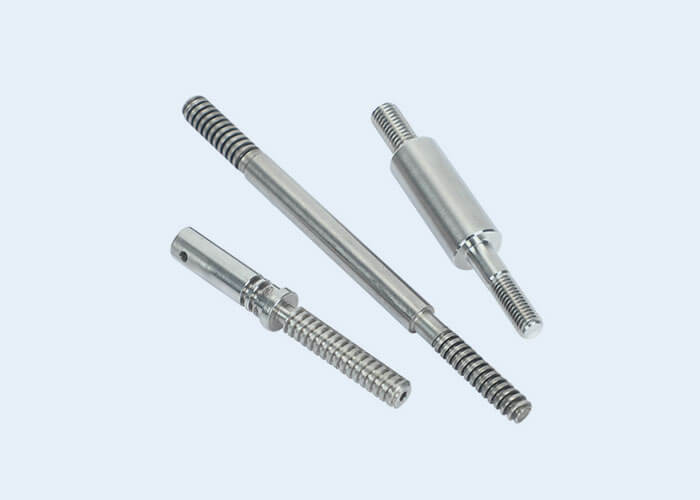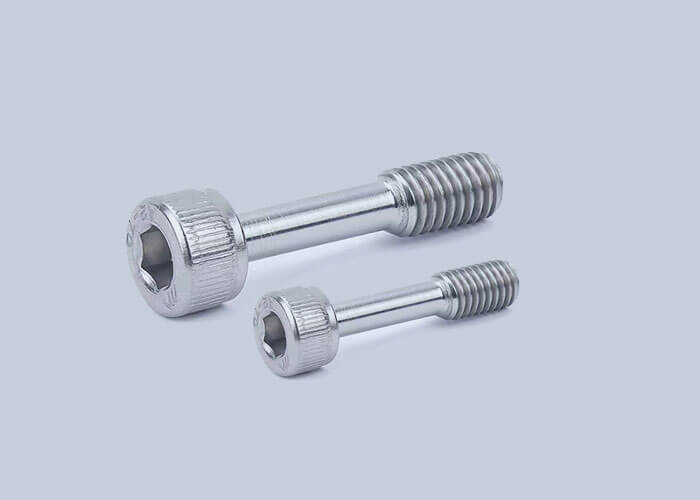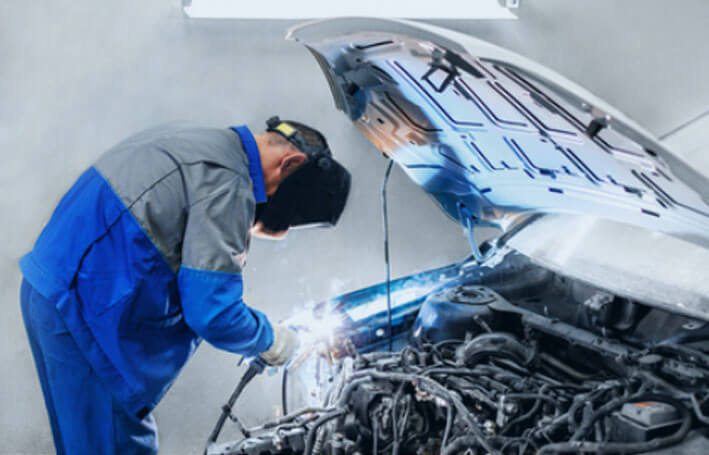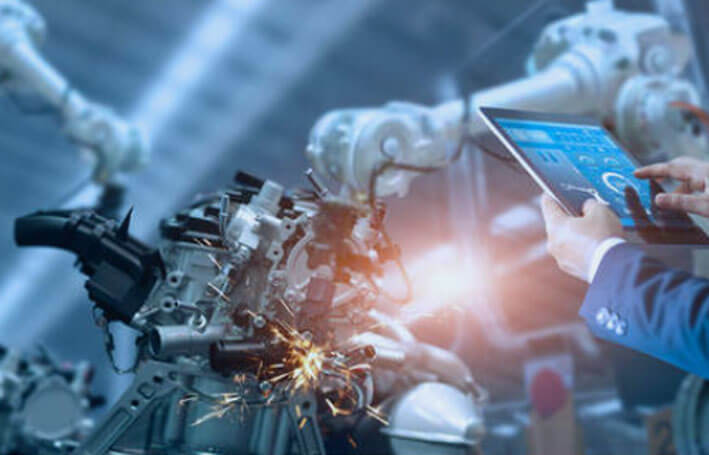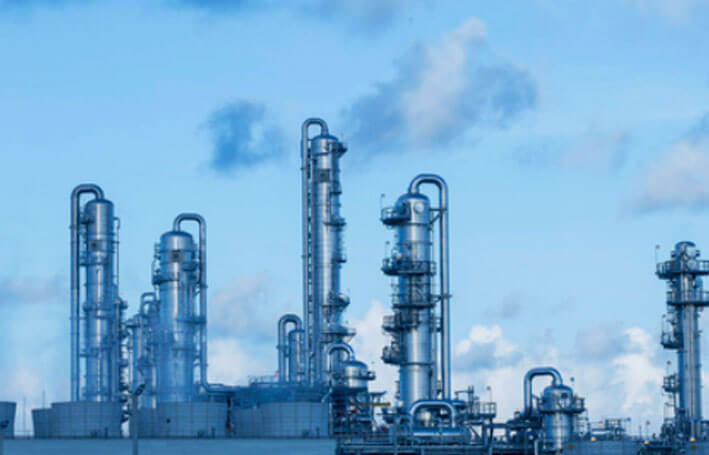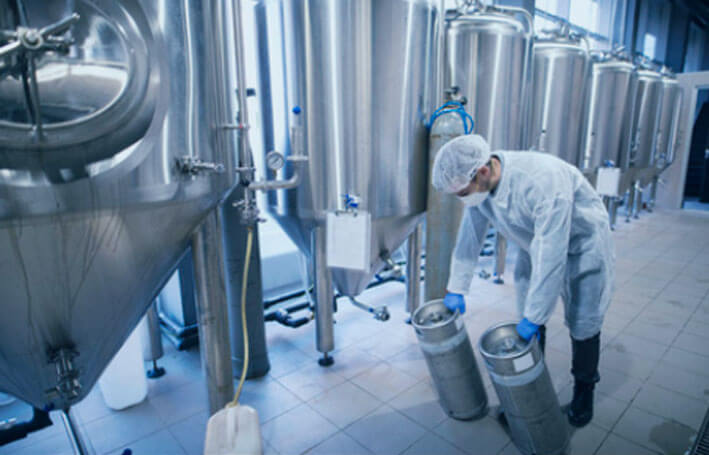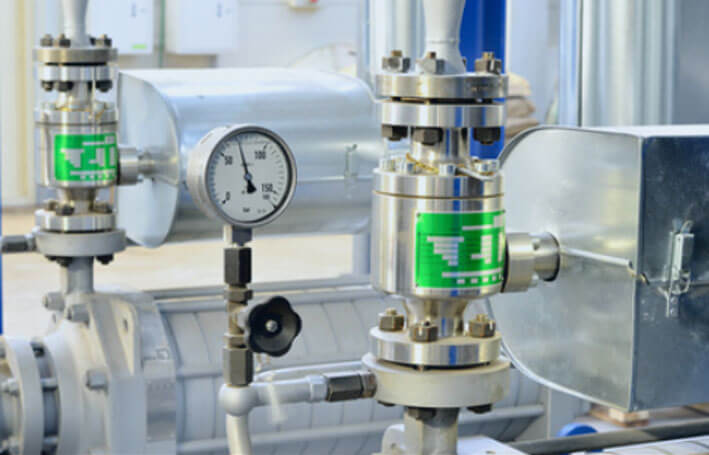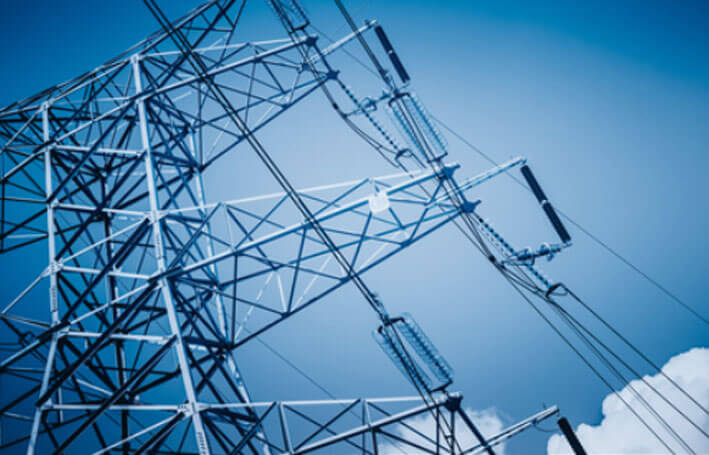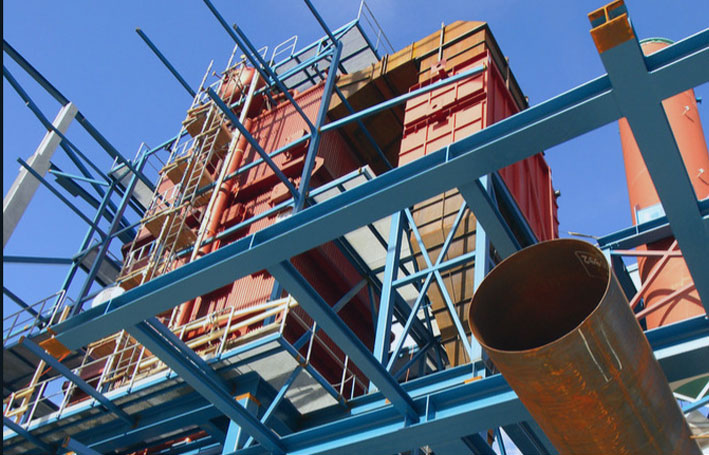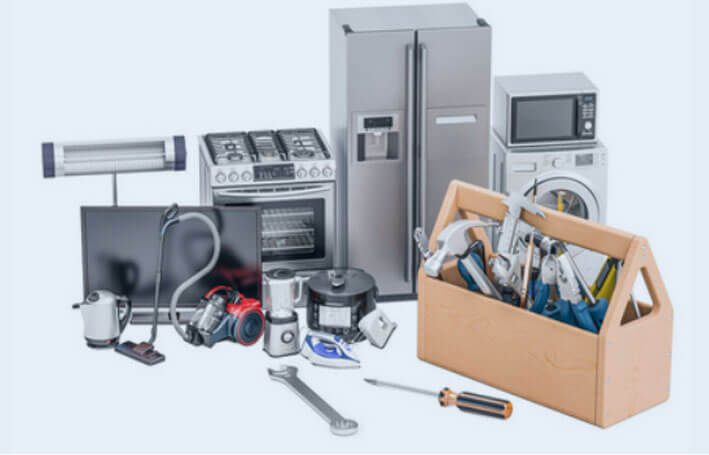Custom Fasteners | Non Standard Special Fasteners
We’re Your Partner From Custom Fasteners And Parts Design To Production And Beyond
Custom Fasteners | Non Standard Special Fasteners Manufacturer
As a leading manufacturer and supplier of custom fasteners in China, HZW has been committed to providing our clients with the design and development of custom fasteners, custom bolts and nuts, custom made screws for over 16 years. From materials analysis to custom fasteners and parts production, here we can help you all fastening solutions.
Whatever size at whatever tight tolerance of custom fasteners you demand, metal or special alloys, HZW here is sure to have it!
HZW specializes in the manufacturing of custom made fasteners products, export to Europe and USA, offering consultations, analysis, design, quality assurance and One-stop global logistic services.
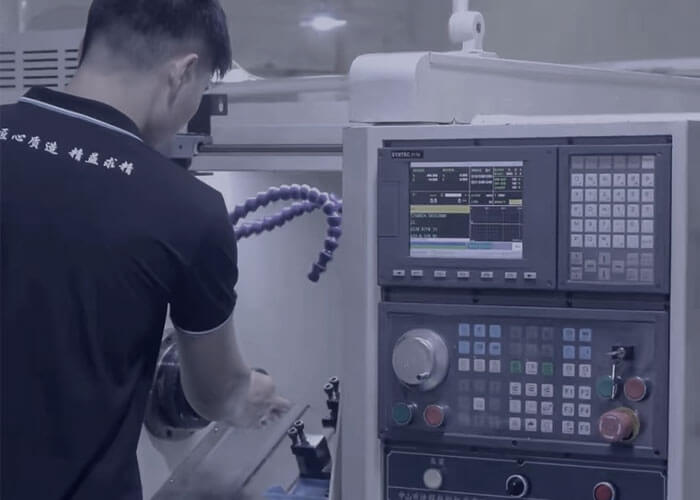
Our Innovations
What Capabilities We Have!
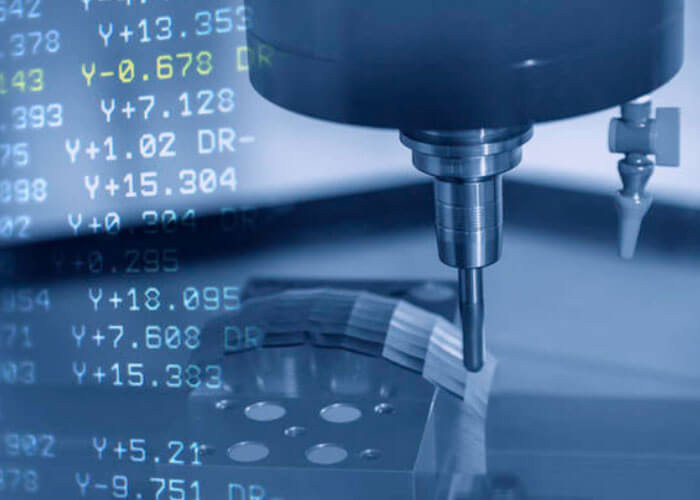
1.Custom Fasteners CNC Machining Capabilities
When it comes to custom fasteners manufacturing process from metal materials selection to the end products, here you can find complete solutions. The custom fasteners that we produce are exceptionally precision, high strength, customized specification, and manufactured to the tightest tolerances for end users precision demand usage.
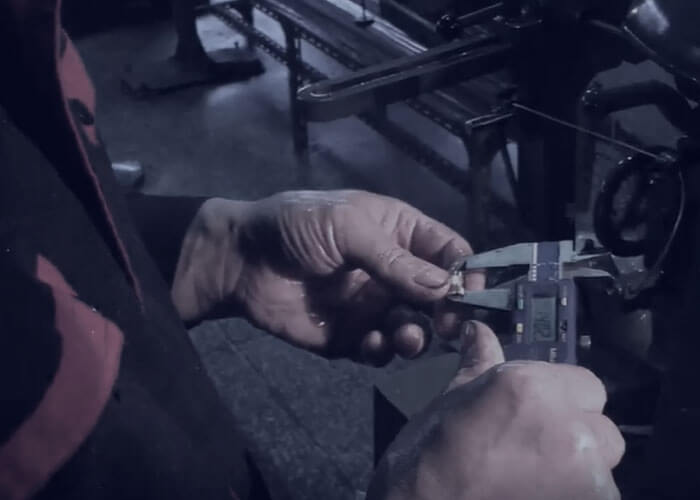
2.Engineering And Design Capabilities
The foundation of our success is the constant search for new possibilities, always looking for the perfect engineering solution for customized fasteners. We recognize the potential of fastener and machining concepts, put them into practice, and continuously optimize them. From metal and special alloys materials selection to custom made fasteners, pipe fittings, flanges and precision machined components production here we can help you all project engineering solutions.
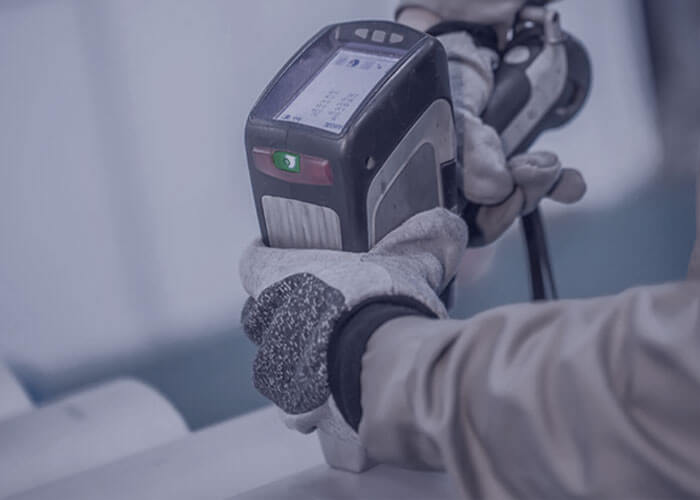
3.Components And Raw Materials Sourcing Capabilities
We work with some of the biggest and most well-known companies in multiple industries, giving us valuable insight into which companies would be best to partner with for sourcing and supply. It’s just another way that we’re here for you. Our expert supply chain management department help you save cost and time when sourcing fasteners project required components and raw materials.
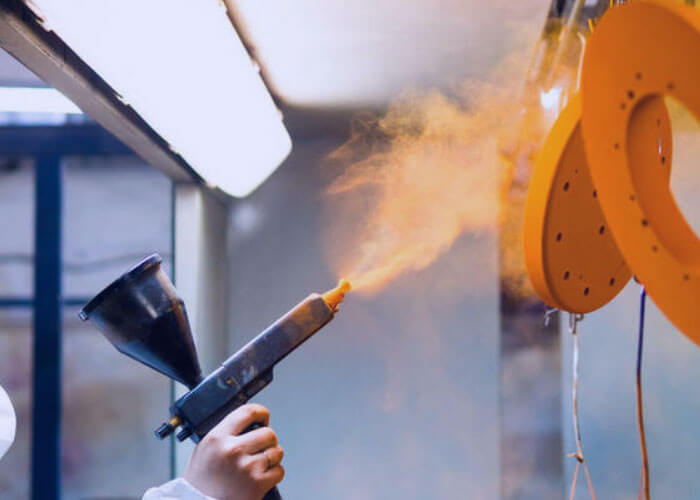
4.Surface Finishing Capabilities
HZW offers a high quality surface finishing service for custom fasteners and components regardless of the machining method used in producing them. We have some skilled experts who only handle finishing assignments so the quality of work done on your products is of exceptional quality. If you desire your customized surface finish for your custom fasteners and components get in touch with our all-round services team for a quick and free quotation.
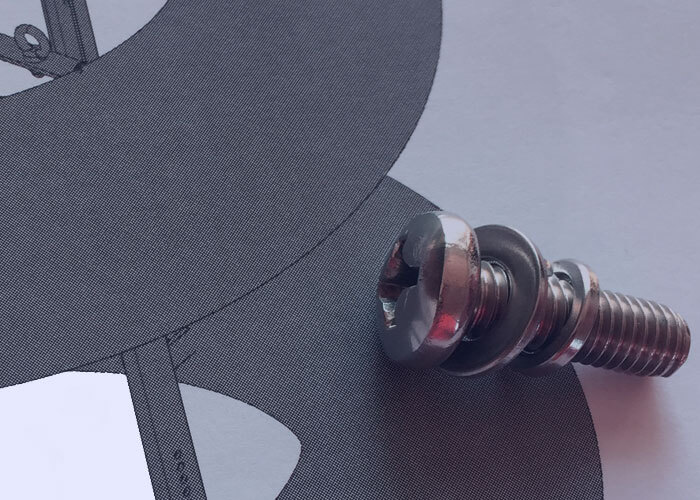
5.Components Assembly Capabilities
HZW team can provide a range of assembly possibilities, from the classic assembly of rivet bodies and mandrels, to the assembly of rivet studs and the assembly of various customized fasteners systems. You need reliable fasteners made to exact specifications, but you also need to ensure that those components fit together with adjacent parts efficiently. That’s why we offer assembly services with high efficiency. We are pleased to assemble your custom fasteners with coordinating parts. Contact us today for your assembly requirements.
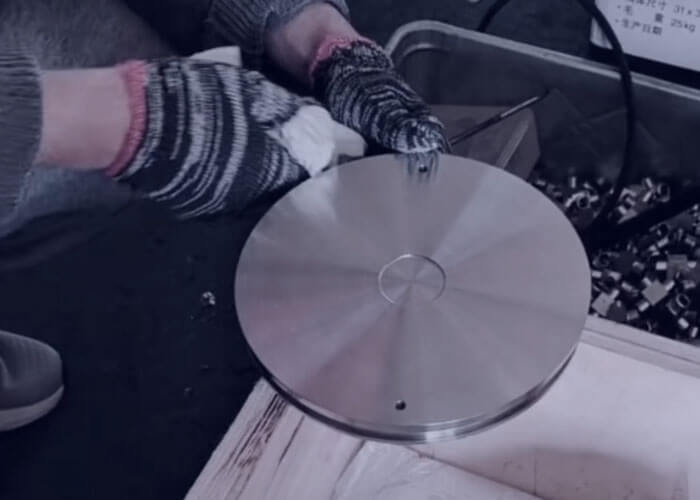
6.Custom Packaging Capabilities
Exquisite, stable and custom packaging also becomes our ability and helps to distinguish the customized fasteners products from different competitors. At HZW, we understand that time is money. This is why we offer custom packaging for your customized fasteners. Our professional packaging team will work with you to determine the best solution to your problems to ensure your cargo is more safe during shipment.
Custom Fasteners | Non Standard Special Fasteners Specifications
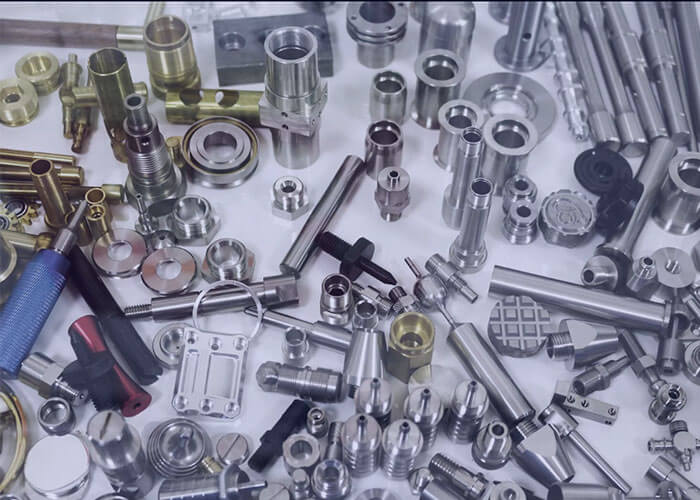
Custom fasteners are fasteners made based on prints or to a specific requirements. Custom made fasteners can be fully threaded or partially threaded. They can be made with special threads and drives, materials, lengths, heads, plating and more.
| Product Name | Custom Fasteners | Non Standard Special Fasteners |
| Raw Materials | Aluminum, copper, brass, stainless steel, nickel alloy, titanium, etc |
| Size | Customized or according to your drawing |
| Samples | Sample available |
| Tolerance | +/-0.01mm to +/-0.005mm |
| Testing Equipment | CMM; Tool microscope; multi-joint arm; Automatic height gauge; Manual height gauge; Dial gauge; Marble platform; Roughness measurement |
| Logo | Custom logo available |
| Surface Treatment | Anodizing, Passivation, Polishing, Plating, Painting, Black Oxide, Powder Coating, Brushing, Heat Treatment, Surface Phosphating, Hot Dip Galvanizing, Surface Treatment Dacromet, etc |
| Color | Silver, black, gold, red, green, blue, purple, etc |
| File Formats | SolidWorks, Pro/E, AutoCAD (DXF,DWG), PDF,TIF,JPG, etc |
| Services | OEM/ODM, Engineering&Design Consulting, Assembly, Finishing, Materials Sourcing, Custom Packaging Services, etc |
| Quality System | ISO9001, SGS, TUV |
Q8.How About Your Stainless Steel And Nickel Alloy Pipes Production Process?
Custom Fasteners | Non Standard Special Fasteners Products Showcases
Custom Fasteners | Non Standard Special Fasteners Applications
Available Materials For Custom Fasteners | Non Standard Special Fasteners Production
| Stainless Steel | SS201, SS301, SS303, SS304, SS316L, SS416, SS2205, SS2507, SS904L etc |
| Nickel Alloy | Alloy 400, K-500, 718, 625, 601, 600, 825, 800, 800H, 800HT, C22, C276, B, B2, B3, C4, C2000, G-35, 230, X750, 617, 925, GH2132, GH2747, GH3044, GH3030, GH3128, GH4033, GH4145, GH4169, GH4199, etc |
| Brass | HPb63, HPb62, HPb61, HPb59, H59, H68, H80, H90, etc |
| Copper | C11000, C12000, C12000, C36000, etc |
| Aluminum | AL6061, AL6063, AL6082, AL7075, AL5052, A380, etc |
| Titanium | Gr1, Gr2, Gr5, etc |
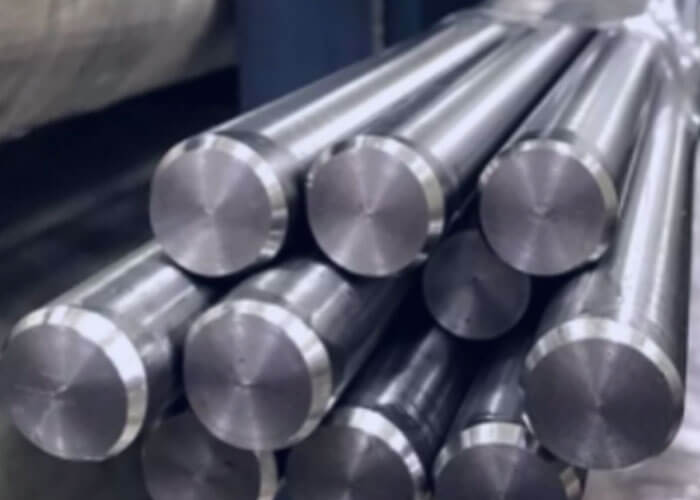
Stainless Steel
Stainless steels can be classified based on their crystalline structure. This includes austenitic, ferritic, martensitic, duplex and super duplex.
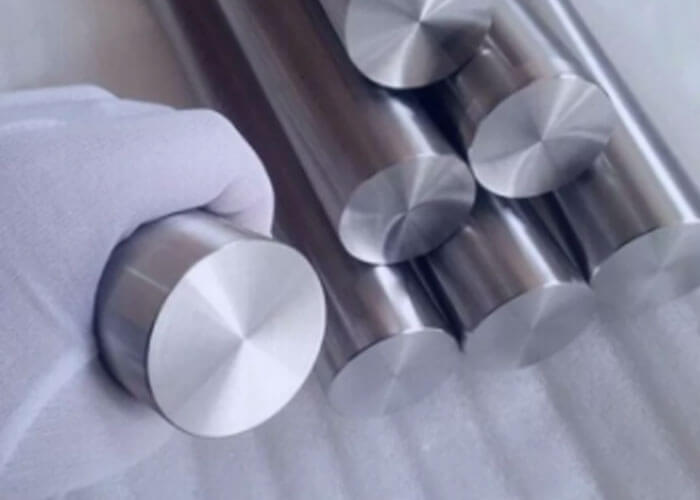
Special Nickel Alloy
Materials such as: Alloy 400, K-500, 718, 625, 601, 600, 825, 800, 800H, 800HT, C22, C276, B, B2, B3, C4, C2000, G-35, 230, X750, 617, 925, GH series.
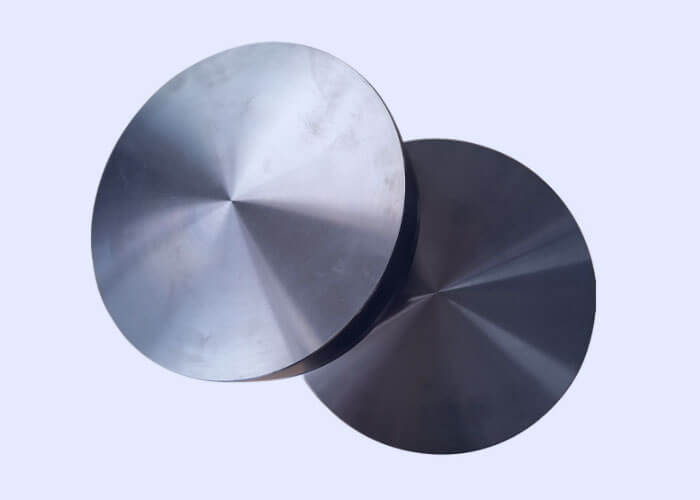
Titanium
Titanium fasteners are widely used in special fields, such as heat exchangers, aerospace and defense, nuclear, energy and valves systems.
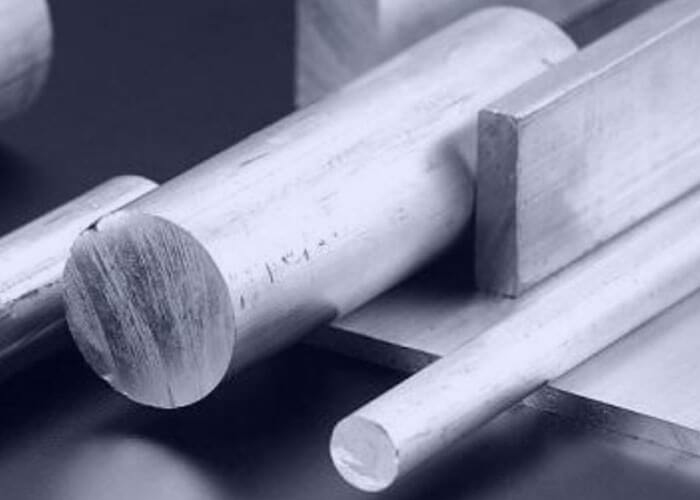
Aluminum Alloy
Aluminum alloy is a lightweight metal with an excellent strength-to-weight ratio, making it ideal for applications in which metallic-level strength is required but mass is still a concern.
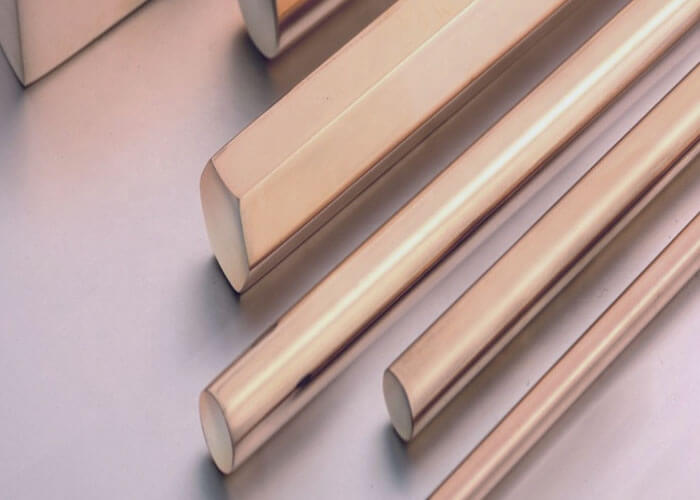
Brass
Brass is a versatile copper alloy that retains some of the benefits of pure copper but also improves on some of its attributes. Brass is a mechanically stronger and lower-friction metal, and offers better corrosion and wear resistance than basic copper.
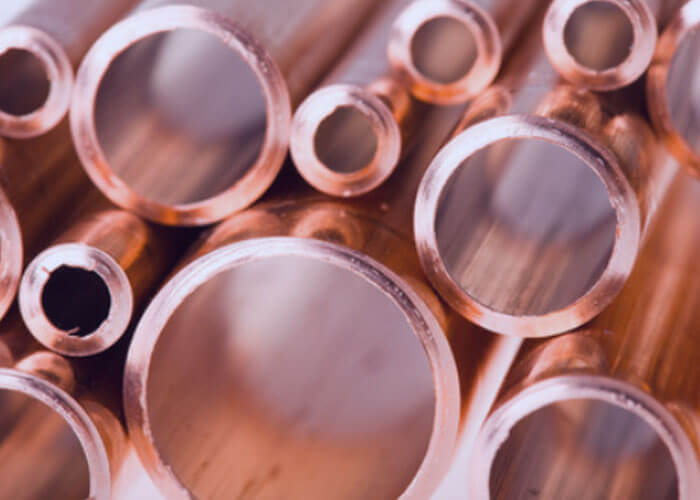
Copper
Copper material is well known for its electrical and thermal conductivity. It is very resistant to corrosion and is also inherently antimicrobial. The energy, automotive, medical, and aerospace industries make use of copper specifically for these properties.
Custom Fasteners | Non Standard Special Fasteners FAQs Guide
Q1.What Are Custom Fasteners and Non Standard Special Fasteners Packaging?
- Inner packaging: plastic wrap, bubble bag, PE foam, EPE cotton, PP bag etc;
- Outer packaging: carton box, wooden case, wooden pallets etc;
- Customized packaging as your request (Logo or other contents accepted to be printed on the custom fasteners outside packaging);
- Other special packaging will be designed as customer’s request;
- Shipping port: Shanghai, Ningbo or as your request.
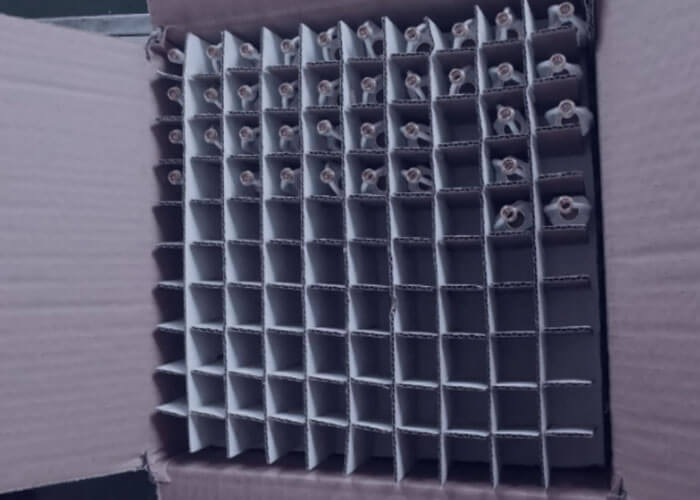
Carton Box
Carton box also called cardboard boxes, which are really chipboard boxes, and used primarily for lightweight custom fasteners products, such as small nuts and bolts.
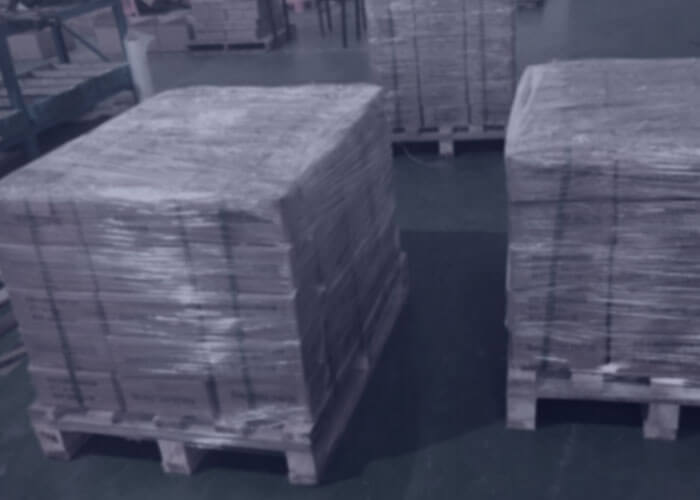
Wooden Pallet
Wooden pallets are an awesome option for shipping parts because they offer many perks like a higher efficiency for large dimension custom fasteners and they are recyclable.
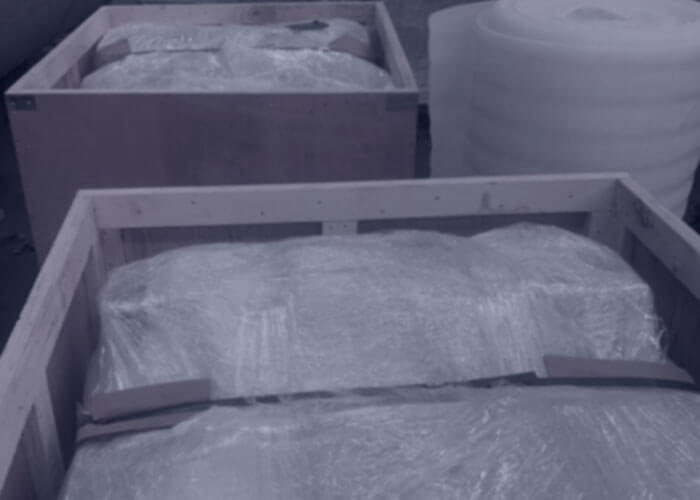
Wooden Case
The custom fasteners and parts packing can be done by wooden cases. The wooden case can protect the cargo surface well during shipment.
Q2.How To Make Custom Fasteners and Non Standard Special Fasteners?
When it comes to custom and non standard special fasteners production, HZW’s rich manufacturing experience really shows.
Let’s introduce how to make customized fasteners here.
If you are the beginner of this area, you will be an expert through this guide.
Before we share the production process of customized fasteners for you, you could get a quick glance for below detailed picture process.
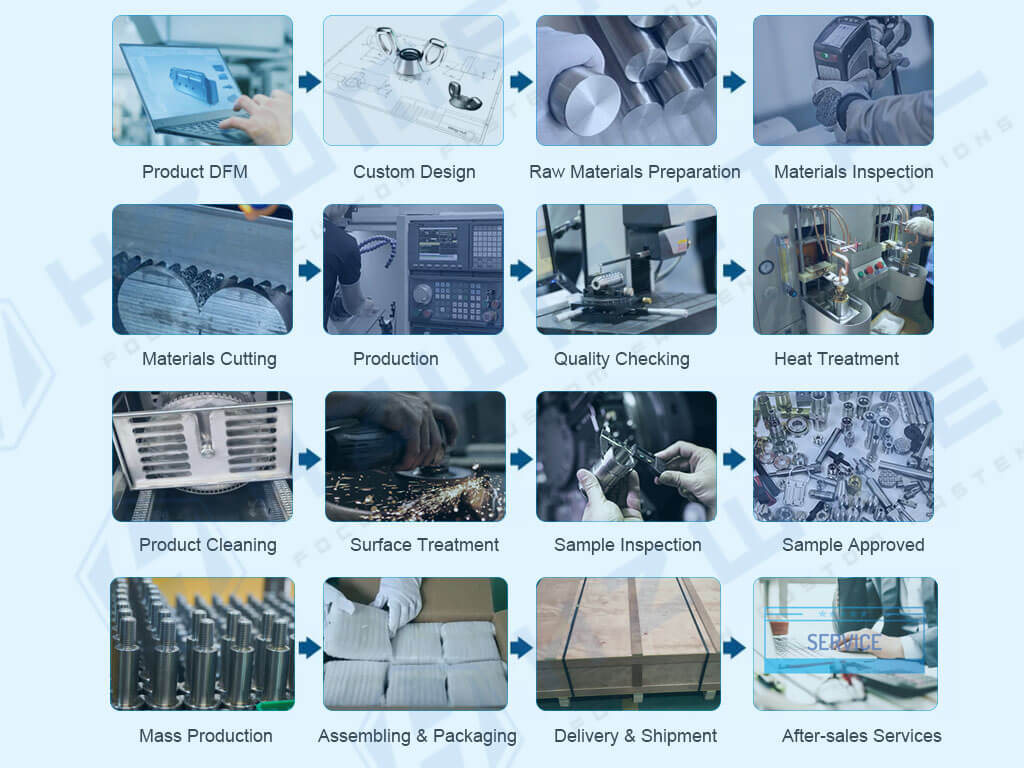
Q3.What Are Custom Fasteners and Non Standard Special Fasteners Surface Treatment?
Custom made fasteners and parts surface treatment is one of the major part in whole production.
Different surface finish will be used for different applications.
Customers can choose the corresponding surface finish according to their own usage.
With methods including anodizing, passivation, brushing, polishing, blackened, plating, painting, powder coating, heat treatment, surface phosphating, hot dip galvanizing, surface treatment dacromet, etc.
Q4.What Are The Types of Custom Fasteners and Non Standard Special Fasteners?
HZW is committed to providing top quality custom fasteners solutions and manufacturing services, including: custom made bolts, custom made nuts, custom threaded studs & rods, custom made screws and custom components fabrication.
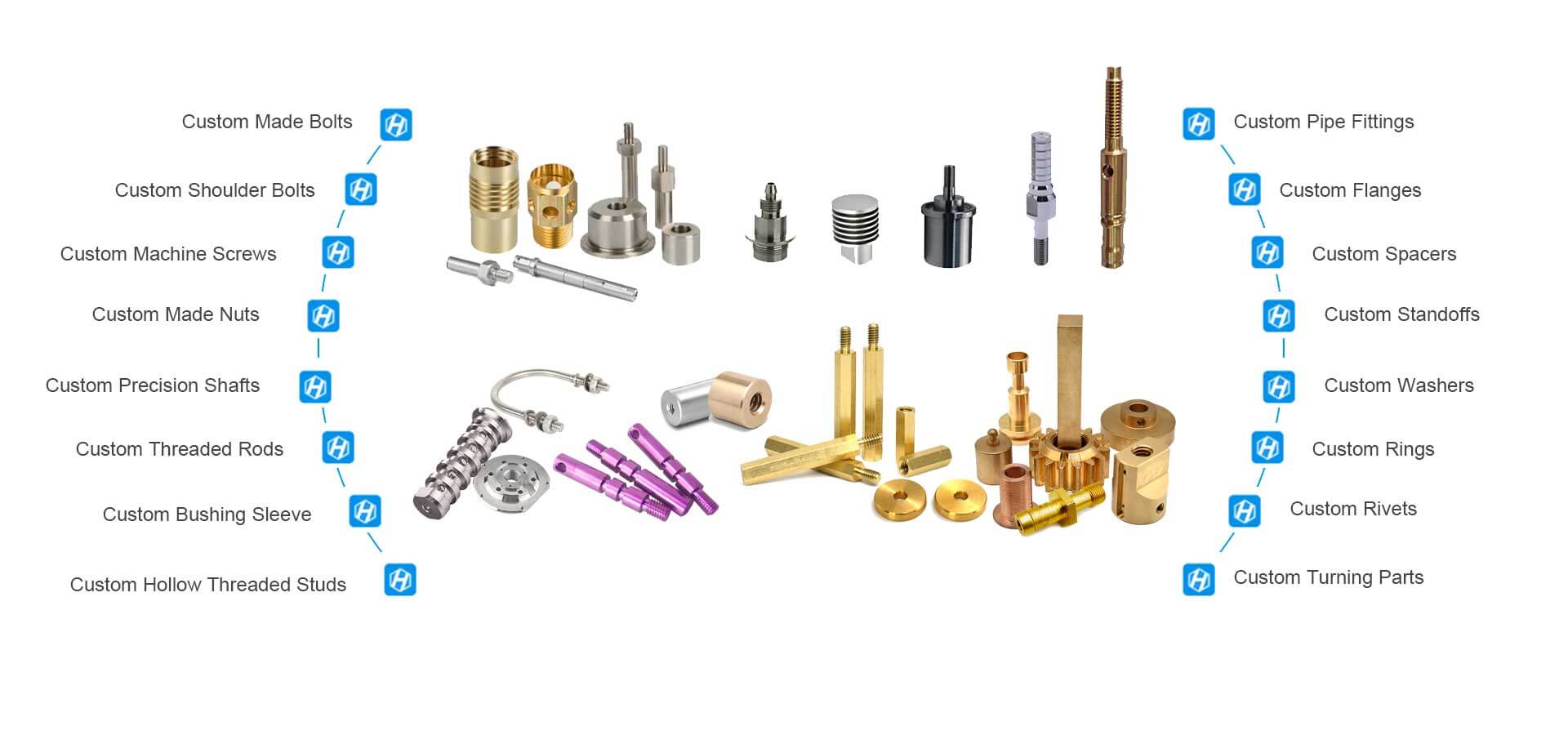
| Custom Made Fasteners Types | Details |
| Custom Made Bolts | Custom Made Stainless Steel Bolts Custom Made Nickel Alloys Bolts Custom Made Titanium Bolts Custom Made Aluminum Alloys Bolts Custom Made Brass Bolts Custom Shoulder Bolts Custom U Bolts |
| Custom Made Nuts | Custom Made Stainless Steel Nuts Custom Made Nickel Alloys Nuts Custom Made Titanium Nuts Custom Made Aluminum Alloys Nuts Custom Made Brass Nuts |
| Custom Made Threaded Studs & Rods | Custom Made Stainless Steel Threaded Rods Custom Made Nickel Alloys Threaded Round Bars Custom Made Titanium Threaded Rods Custom Made Aluminum Alloys Hollow Threaded Studs Custom Made Brass Threaded Rods |
| Custom Made Screws | Custom Machine Screws Custom Shoulder Screws Custom Thumb Screws Custom Lead Screws |
| Custom Precision Shafts | According To Your Detailed Request |
| Custom Bushing Sleeve | |
| Custom Pipe Fittings | |
| Custom Flanges | |
| Custom Spacers And Standoffs | |
| Custom Washers And Rings | |
| Custom Rivets | |
| Custom Precision Machined Components |
Q5.What Are The Key Consideration When Purchasing Custom Fasteners and Non Standard Special Fasteners?
Materials Standards: ASTM
Materials Grade: SS304
Specifications: As your request
Surface Finish: Polishing Bright
Order Quantity, Delivery Time, Shipping Method, Place Of Delivery, Packaging Requirement, etc. should be considered.
Q6.How To Choose Your Custom Fasteners and Non Standard Special Fasteners Manufacturer in China?
HZW is one of the leading custom fasteners and non standard special fasteners manufacturers in China.
HZW provides best quality customized products and manufacturing services for your every fastening projects.
Our company bears no compromise on quality. We use the prime quality metal and special alloys materials along with the advanced equipment and precision production processes.
We revise the orders and take thorough insights before forwarding the order to the final production line. This makes sure the every production is carried out in the most effective manner with zero errors.
Our professional team engineers can help deliver our customers with fast, clear and professional looking technical formats.
We can also provide these drawings in a variety of different types to suit your demands whether it be the SLDPRT, dwg format or pdf file.
If you want to purchase custom fasteners and non standard special fasteners products, why not contact us here for saving your time and money?
Q7.Which Formates of Custom Fasteners Files Does HZW Accept?
In HZW, our priority is to provide a complete custom fasteners and parts engineering solution including total 2D and 3D design. Our engineering and design tools include a complete design solution including AutoCAD, UG, Pro-E and Solidworks.
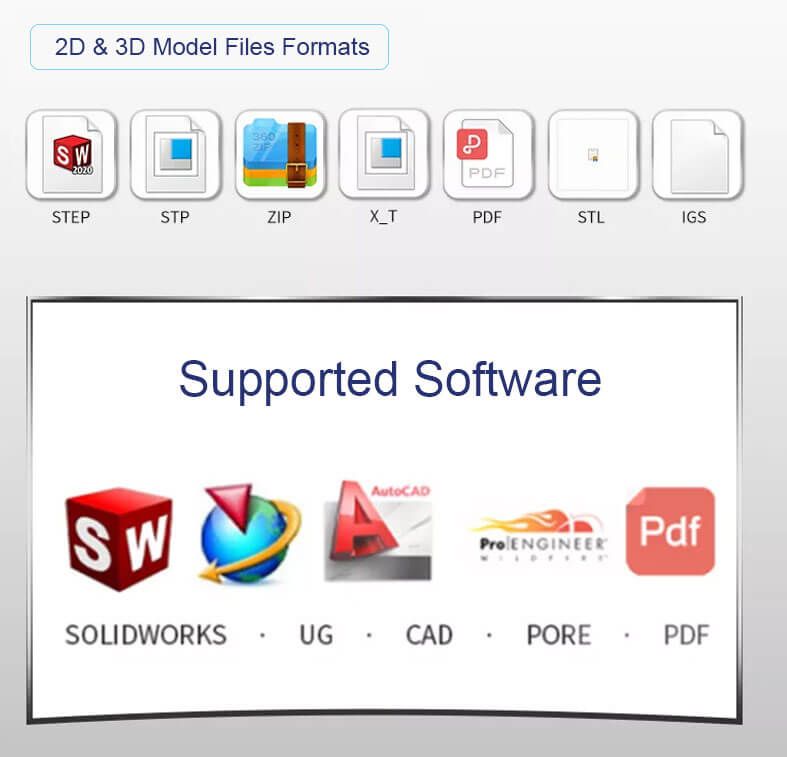
We take STL(.stl), STEP(.stp), ProE(.prt), IGES(.igs), SolidWorks(.sldprt), Compressed folders(.ZIP) format to provide an accurate and timely quote. PDF format is required for 2D drawings with reference dimensions.
Q8.How Can Your Team Ensure The Custom Made Fasteners and Non Standard Special Fasteners Quality?
HZW expert team pay more attention to quality support, supply scope, inspection, testing standard, shipment packing, after-sales service.
Quality Control Process:
1) Checking the metal and special alloy raw materials after they reach our factory- Incoming quality control
2) Checking the details before the production line operated
3) Have full inspection and routing inspection during mass production-In process quality control
4) Checking the products after they are produced- Final quality control
5) Checking the products before shipment
At the same time, we will help take photos and shoot videos for you if you need. Every customized fastener or component will be fully assembled and carefully tested before packing and shipping.
Q9.How Long Time Will I Be Able To Receive My Custom Made Fasteners?
If you provide us with complete 2D and 3D models, we can produce high quality fasteners and parts within 10 days. More complex parts that require or other special features will take longer time for production. Request a quote to obtain more precise lead times for your fastening project.
In terms of shipping, the majority of our shipments are sent through air freight and shipment, which can take several days from China to Europe or North America.
Q10.Are Custom Fasteners More Expensive Than Standard Fasteners?
The short answer is: No, they are not.
Custom fasteners are traditionally made to the exact specifications of a project, so it makes sense to assume that they will cost more than standard fasteners.
A common misconception is that any customization at all will cause custom fasteners to be inherently more expensive. This is simply not true. Customization does not necessarily mean higher cost.
In fact, custom fasteners can sometimes be cheaper than standard fasteners in cases where the savings occur over time due to better performance and durability.
Making the initial investment into custom fasteners for your project can actually save you money in the long run when you consider the cost of replacing standard fasteners that do not stand up to the task at hand.
Q11.What Is The Difference Between Custom Made Fasteners And Standard Bolts?
There are many different types of fasteners. They range from the basic pin to industrial-strength nuts and bolts.
Fasteners can be found in almost all products, from pencils to airplanes. They come in a variety of shapes, sizes, and designs.
Standard Bolts:
Standard bolts are manufactured with standard machine tools. These include mills, drills, lathes, and grinders. All of them have a specific function that allows a bolt to be manufactured for a specific purpose.
Bolts are typically made from high-strength steel. This allows them to withstand repeated use without breaking or cracking.
Custom Made Fasteners:
Custom fasteners are usually produced using the same machines as standard bolts but in different quantities. For example, if you need 100 bolts designed for your product, it is possible to have these produced at a lower cost than if you were ordering 1000 of the same type of bolt.
Custom bolts can also be ordered with different lengths or diameters to fit your specific needs. If you need a long bolt but don’t want it too thick, you could order one that is shorter than normal but thicker than normal so that it fits into its intended space without sticking out too far.
Q12.What Are the Factors that Affect the Cost of Manufacturing a Custom Made Fastener?
The cost of manufacturing custom made fasteners varies depending on the type of fastener and the method used to make it.
The following are some of the factors that affect the cost:
- Raw Material: The cost of raw material is one of the biggest cost factors in manufacturing custom made fasteners. Stainless steel, carbon steel, copper, nickel, and titanium are some of the most common materials used in making custom fasteners.
- Fastener Design and Geometry: The size and shape of a fastener have an impact on its manufacturing costs. For example, bolts with complex shapes will be more expensive to manufacture than those with simple shapes and designs.
- Manufacturing Process: The process used in making a custom-made fastener also affects its price. Some processes are more expensive than others. For example, machining is more expensive than hot forging because it is a slow process.
- Fastener Grade and Specifications: The grade and specifications of a custom-made fastener also affect its price. For example, if you want a fastener to meet FDA requirements, it will be more expensive than if you did not specify any FDA requirements.
- Quantity Ordered: Buying in bulk can help you save money on your custom-made fasteners because you’ll pay less per time.
Q13.Which Production Process Is Used for Making Custom Made Fasteners And Why?
The production process of custom made fasteners vary from one type to another and from manufacturing unit to another.
The production of fastener begins with the selection of material for use.
As a matter of fact, fasteners are made from different kinds of materials including stainless steel,nickel alloy, aluminum alloy and various other metals.
Every manufacturing unit has its own way of producing the fastener. They may use the same raw material but the production process varies a lot because every unit has its own tools. Here are some methods that are used by most manufacturing units in the world:
- Custom Machining: This is the most common method used by almost all manufacturers in the world. In this process, a metal blank is used as a material and it is flipped into a thread using machines. In order to make threads on metal blanks, special alloy tools are used that work under high temperatures generated by friction. The heat generated is sometimes so much that it melts down the metal which is then cooled down again for further working. It becomes very difficult for manufacturers to make use of this method when making large numbers of fasteners because it takes much time and effort to do so.
- Forging: This method involves hammering or pressing hot metal into its desired shape using forging machines or hammers etc.
Q14.What Are the Advantages of Custom Made Fasteners?
There are a lot of advantages to custom made fasteners.
When you want a product that is durable and high quality, your first choice should be to look at custom options.
If you need something that is going to stand the test of time, it makes sense to invest in something that is going to last.
Some of the biggest advantages of custom made fasteners include:
- Quality products: When you use custom made fasteners, you will get a product that is made to fit your exact needs. If you want something that is going to work with your equipment or project, you want high quality products and materials.
- Durability: Custom made fasteners are made from high-quality materials for durability. If you need something that is going to last, then this is an important feature.
- Reliable: Custom made fasteners are reliable because they are created using state-of-the-art equipment and technology. This means that the product will be consistent every time it is used and will always meet your standards for quality.
- Functional: When you use custom made fasteners, you can expect them to perform their job in a way that meets your needs. They will provide the functionality that you need without any problems in performance or quality.
Q15.What Are the Disadvantages of Custom Made Fasteners?
Custom made fasteners are not always the best choice for all situations, and it is important to consider the pros and cons of them.
The following are some of the disadvantages of custom made fasteners.
- Time and cost: Custom made fasteners take time to produce, and this often makes them more expensive than other options. You will have to make a decision about whether you can afford to wait for custom made fasteners or whether you need something else quickly.
- Quality: Custom made fasteners are not always of a good quality. It is important to ensure that they are well designed and manufactured by reputable manufacturers if you want them to last well.
- Not standard: If you want standard parts, then custom made fasteners may not be right for you as they are not usually standard parts. This can make it difficult to get spare parts or replacement parts later on, and so if this is an issue, then it is best to find another solution.
- Less choice: If you want a wide range of choice in terms of design and style, then custom made fasteners may not offer this as they are usually limited in terms of their specifications and design choices. This can mean that it is harder for some people to find something suitable for their needs or applications when it comes to custom fasteners.
Q16.What Is A Custom Made Screw?
A custom made screw is a fastener that is made specifically for a particular product or to meet a specific requirement.
These screws are typically manufactured as per the design specifications of the customer and does not conform to any standard industrial specifications.
Custom made screws can be produced in any size, material and with the thread type of your choice.
They are available in any length, thread form and head style. The heads can be customized to include special recesses or markings. The threads can also be modified if you do not require a full thread depth.
Q17.How Can You Benefit From Machine Screws?
Machine screws are used for a wide variety of applications and are generally considered as one of the most useful types of fasteners available.
These screws are used in conjunction with a nut or driven into a pre-threaded receptacle to secure components together.
Machine screws can be manufactured from a variety of metals, including steel, brass, stainless steel and aluminum. They may also be coated to resist corrosion and wear.
Machine screws are very versatile and can be used in many different applications. Due to their versatility, they are one of the most common types of fasteners in use today.
Due to their design, machine screws offer better holding power than wood or sheet metal screws. They also do not loosen easily, making them perfect for applications where vibration is present. This makes them the ideal choice for securing electrical components and other fixtures that may encounter vibrations.
Machine screws have a larger surface area than other types of fasteners and nuts, which allows them to better withstand pressure without loosening. This is especially important when using thin materials such as sheet metal or plastic since it would be easy for the screw to pull through if not secured properly.
Q18.What Are Some Common Types of Custom Bolts?
Although custom bolts are often made to your specifications, there are still some common types of bolts that recur in many projects.
Knowing what type of bolt you need can help you ensure that you are getting the right kind of fastener for your project.
Keep reading to learn more about some of the most common types of custom bolts available:
- Eye Bolts: An eye bolt is a threaded bolt with a loop at one end. The loop makes it possible to anchor the bolt firmly so that it may be used as a connection point for ropes or cables. Eye bolts are commonly used in construction, where they may be used to attach cables for lifting heavy objects into place. Often, when people need to lift very heavy loads, multiple eye bolts will be installed in order to spread out the load more evenly and improve safety.
- Stud Bolts: Stud bolts have threads on both ends, but only one end is designed for fastening into a nut. Usually, studs have threads on both sides along their full length. Studs are often used to connect flanges together in industrial applications, although they may also be used for other purposes. Studs can be welded onto other surfaces prior to installation in order to make them easier to install accurately.
- U Bolts: U bolts are used to secure pipe, conduit, tubing, or rod to flat surfaces. They can be used with any structure that has a mounting plate. U Bolts are usually made from steel and stainless steel; however, other metals like brass and aluminum can be used depending on the application.
Q19.What Are Some Common Types of Custom Nuts?
A nut is a hardware component that is used in conjunction with a bolt to fasten two or more parts together.
In some cases, the nut may be fully threaded, while in other cases it may just be partially threaded.
A nut can also include a variety of threads, including left-hand threads, and it can also include locking features, such as nylon inserts.
Custom nuts are ideal for applications that require specific thread counts, locking features and materials.
However, there are several common types of nuts that are available on the market today.
These types include:
- Flange Nuts: Flange nuts have an integral washer like surface that is perpendicular to the axis. This surface is designed to distribute the load and help prevent loosening.
- Hex Nuts: Hex nuts are the most common type of nut available. They have six sides and they can be used with any type of fastener that has machine screw threads including bolts and hex cap screws. They provide high levels of strength and their hexagonal shape makes them easy to install and remove with a wrench or socket tool. The most common materials for hex nuts are steel and stainless steel, but they can also be made from brass or other materials as needed for corrosion resistance or electrical conductivity reasons.
- Square Nuts: A square nut is one of the most common types of nuts on the market. It has a square shape and four sides. The nut is typically installed with a wrench and tightened with a wrench or other tool. Square nuts are available in both metric and standard sizes and are often made from stainless steel, carbon steel or alloy steel. Square nuts can be used with bolts and other fasteners.
- Locknuts: Locknuts are designed to prevent other threaded parts from coming loose while they’re being used. Often made of nylon or metal, these nuts have a thread pattern that locks into place when tightened against another threaded fastener so that it cannot vibrate loose over time. Locknuts are commonly used in electronic equipment such as computers.
Q20.How Do You Choose The Best Custom Bolt Type For Your Application?
When choosing the best custom bolt type, you should know that there are many different types of bolts to choose from.
However, certain bolts are better suited for certain applications. For example, some bolts require a lot of torque and others do not require much at all.
By taking the time to learn about each type of bolt, you will be able to choose the best one for your needs. You will also be able to save time and money in the long run because there are many custom bolt types available on the market today.
Contact our expert for more custom bolts solutions.
Q21.What Are The Various Types of Screw Heads?
There are a number of different types of screw heads.
Some common ones include the flat head, Phillips head, hex drive and Torx.
For some projects, you may need to use a specific type of screw head. If you don’t have the right one on hand, it may be necessary to purchase it.
Q22.How To Calculate Pitch Diameter In Custom Fasteners?
The pitch diameter is the diameter of an imaginary pitch circle which passes through the thread profile at such points where the widths of adjacent thread forms and spaces are equal.
The diameters (major, minor and pitch) can be calculated for all external and internal threads by measuring the thread profile with a micrometer or caliper. They can also be calculated using simple formulas. The methods for calculating them are as follow:
- Major Diameter: On external threads, the major diameter is most easily found by using an outside micrometer to measure the largest diameter of the thread form. On internal threads, it is most easily found by using an inside micrometer to measure the smallest diameter at the root of the thread form.
- Minor Diameter: On external threads, you can calculate this by subtracting one pitch length from the major diameter. This is because it is located one full thread below the major diameter. On internal threads, you can calculate this by adding one full thread to the major diameter.
- Pitch Diameter: If you have already found both major and minor diameters, you can easily find your pitch diameter because it’s just half way in between both of these diameters.





